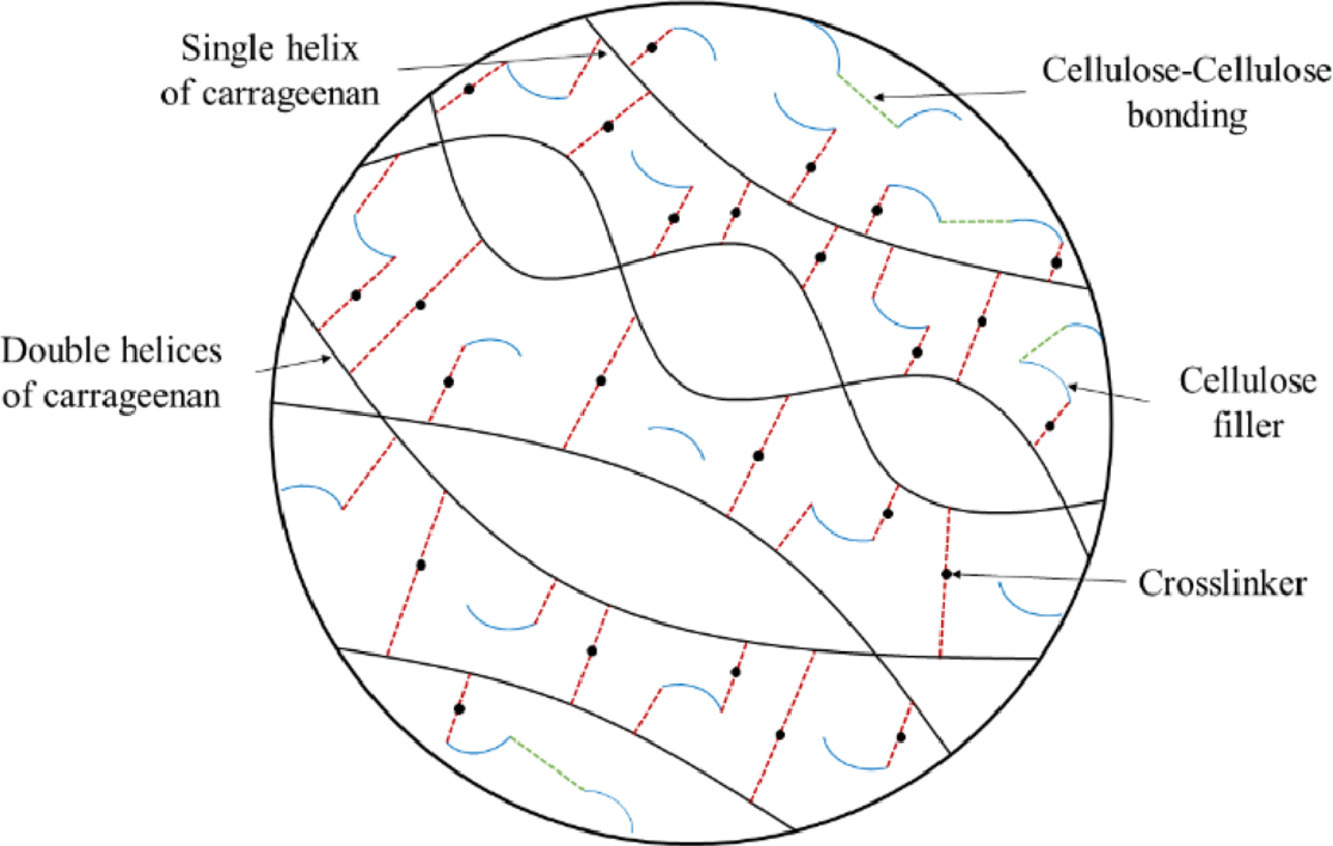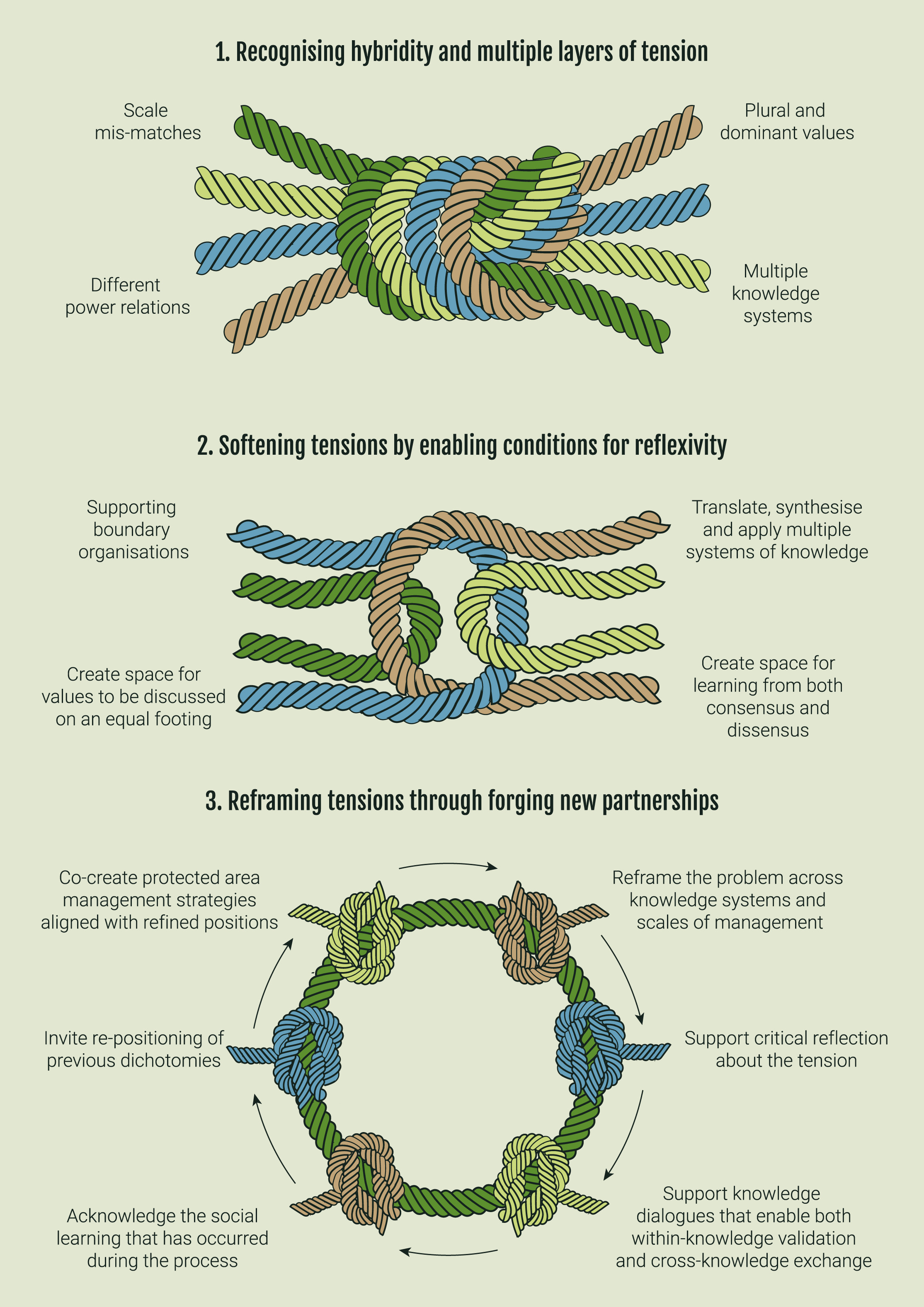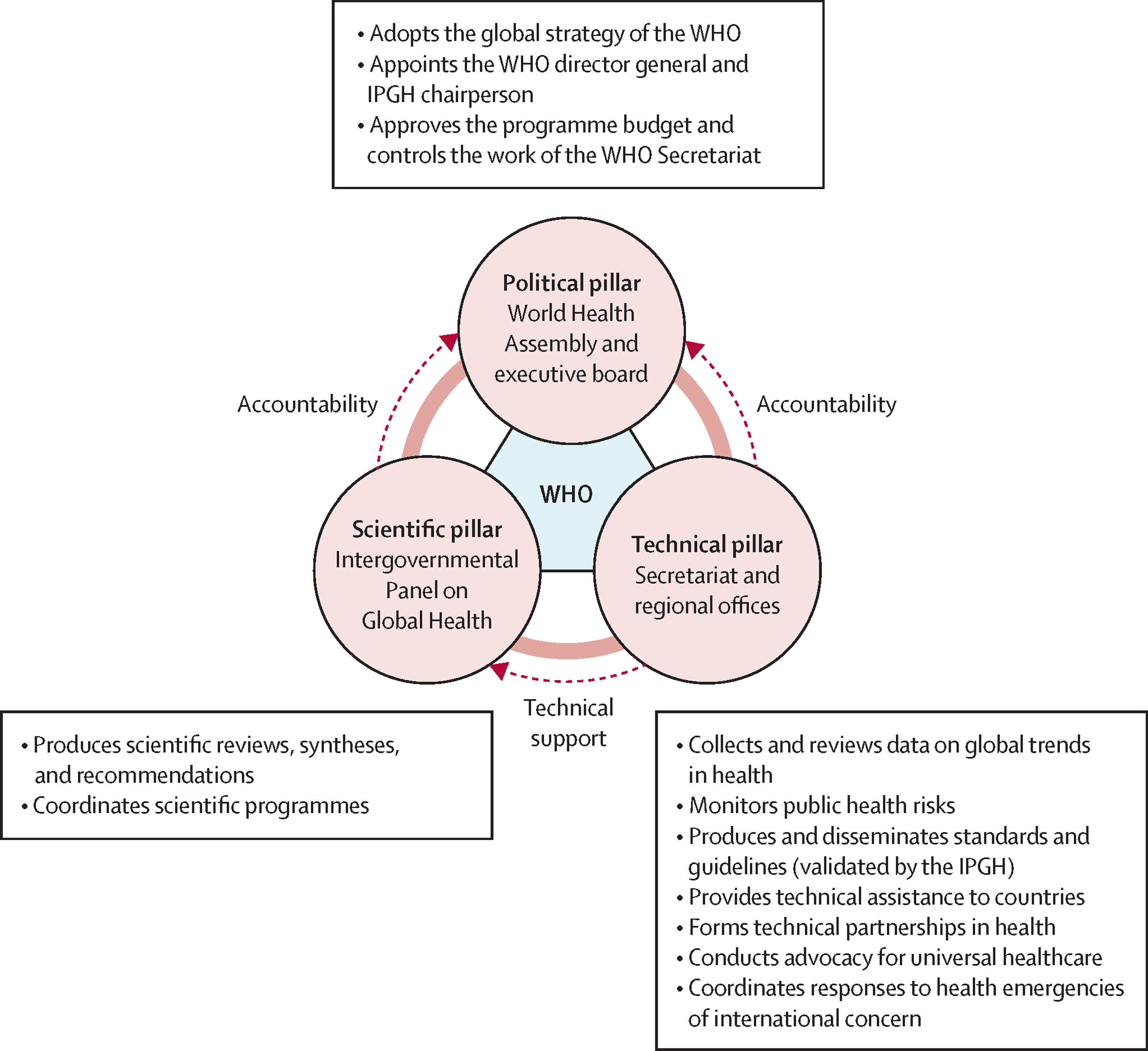Elsevier,
The Lancet Planetary Health, Volume 6, March 2022
An Article in support of SDG 2 and 12, providing a comprehensive picture of consumption of total animal-source foods, unprocessed red meat, processed meat, seafood, egg, milk, cheese, and yoghurt consumption in 185 countries among children and adults.
Elsevier,
One Earth, Volume 5, 18 March 2022
This article demonstrates that, by actively engaging in the interdependent phases of recognizing hybridity, enabling conditions for reflexivity and partnership building, 'inclusivity' tensions can not only be acknowledged but softened and, in some cases, reframed when managing for biodiversity, equity, and justice goals.
Elsevier,
The Lancet Global Health, Volume 10, March 2022
This Comment article supports SDG 3, 13, and 17 by advocating the creation of a new model of multilateral governance on the basis of the experience gained in two other areas of global public goods governance—climate change and biodiversity.
Elsevier,
Advances in Nutrition, Volume 13, 1 March 2022
Factors that influence the risk of neurocognitive decline and Alzheimer's disease (AD) may provide insight into therapies for both disease treatment and prevention. Although age is the most striking risk factor for AD, it is notable that the prevalence of AD is higher in women, representing two-thirds of case. The role of estrogen replacement therapy in reducing the risk of cognitive decline as well as dementia-related morbidity and mortality remains an active area of research. This perspective presents a testable working model of estrogen's relation to cognition with novel effect modifiers, including the degree of cholinergic dysfunction and the availability of choline from endogenous and exogenous sources. It also shows novel routes of investigation related to estrogen replacement and its interactions with menopausal timing, cholinergic signaling, and the influence of the endogenous (i.e., common PEMT variants) and exogenous (i.e., dietary) choline supply on cognitive function and risk of age-related cognitive decline and dementia.



